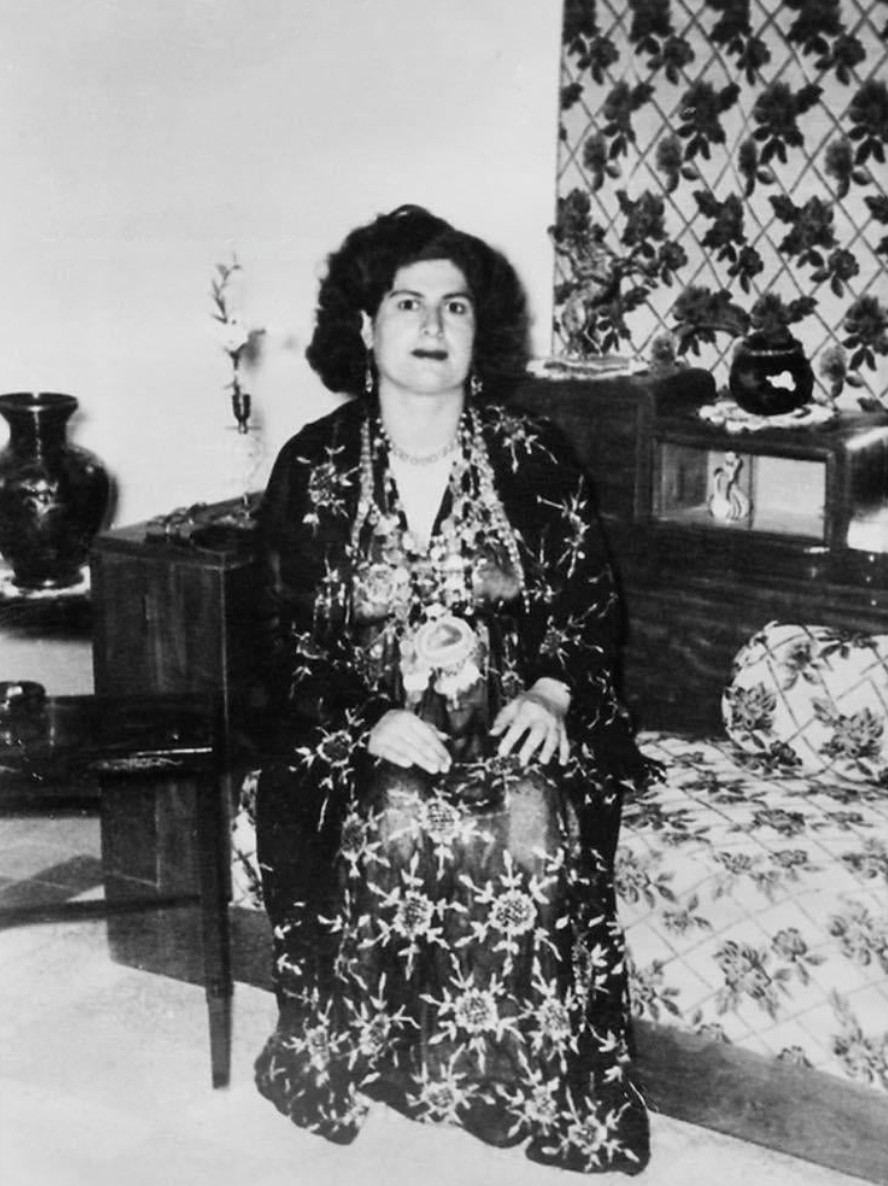April is always a vibrant and momentous month in the Kurdistan Region of Iraq, and this year proved especially significant and dynamic. The April 2023 edition of Kurdistan Chronicle explores the month’s key events, from commemorations past and present to vital political developments, that herald progress towards a brighter future for all.
The anniversary of the Anfal genocide – a tragic event from the late 1980s during which Saddam Hussein’s regime massacred more than 182,000 innocent Kurds – was commemorated on April 14. Additionally, the Yezidi community celebrated the Yezidi New Year on April 19, honoring the sacred Lalish temple and reaffirming their faith. Also, April 22 marked the anniversary of the first Kurdish newspaper, which was initially published in Cairo in 1898 by Mikdad Midhad Bedir Khan.
The most important development affecting the entire Kurdistan Region, however, was the agreement reached by the Kurdistan Region Government (KRG) Prime Minister Masrour Barzani and the Iraqi Prime Minister Mohammed Shia al-Sudani. The March 23 decision by the International Chamber of Commerce regarding the export of Kurdish oil, reached nearly a decade after the case was initially filed, elicited a breakthrough for Baghdad and Erbil to finally address an issue that began with Baghdad’s suspension of the KRG’s share of the federal budget in 2014.
The KRG’s position had initially appeared weak after the court’s decision and Iraq claiming victory. Yet an interim agreement reached on April 4, after one week of arbitration, suggested that Baghdad and Erbil had already been discussing the issue for some time. Indeed, multiple KRG delegations had visited Baghdad to negotiate the region’s share in the federal budget as well as a framework for a new federal oil and gas law.
The newly brokered deal would remain in effect until a federal budget law is passed by the Iraqi Parliament. If the terms of the agreement are fully implemented as agreed upon, the economic and political position of the Kurdistan Region will improve.
In the end, Prime Minister Barzani was able to transform a decades-long dispute with the federal government into a legitimate and significant enterprise for the Kurdistan Region. In fact, both Prime Ministers Sudani and Barzani negotiated in good faith to reach a pragmatic win-win agreement.
Support from the international community for the oil agreement was evident. Several U.S. and European officials praised the Baghdad-Erbil oil accord. Several high-ranking U.S. officials, including National Security Advisor Jake Sullivan, U.S. Assistant Secretary of State for Energy Resources Ambassador Geoffrey Pyatt, and U.S. Secretary of State for Near Eastern Affairs Barbara Leaf all reiterated the “strong support for the agreement” of the United States, describing the deal “as a win for the whole country,” and emphasized “U.S. full support for its full implementation.”
Indeed, American diplomacy in Iraq in general, and in the Kurdistan Region in particular, has focused on improving internal conflicts and supporting greater cooperation between Baghdad and Erbil. Several high-level U.S. officials have visited the region to encourage positive change and advance strategic policy priorities. Both the KRG and the U.S. government continue to value its long-standing partnership based on shared values and interests.
Treefa Aziz serves as the Senior Foreign Affairs Advisor to PM Barzani.

